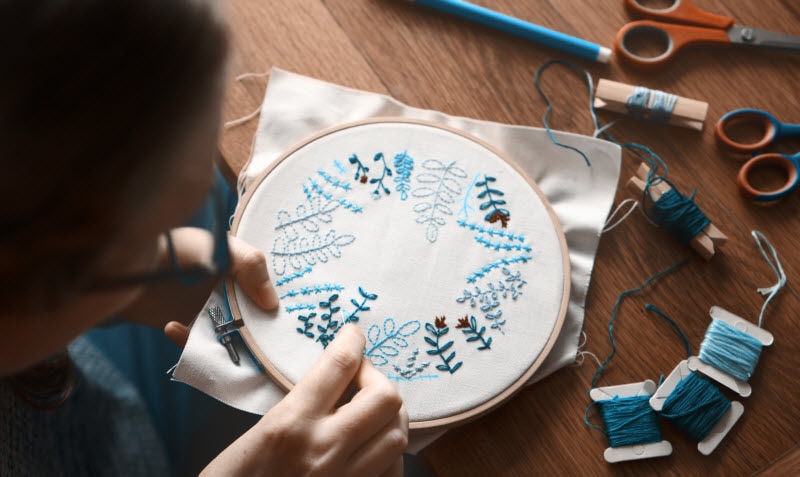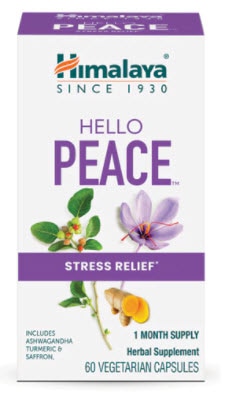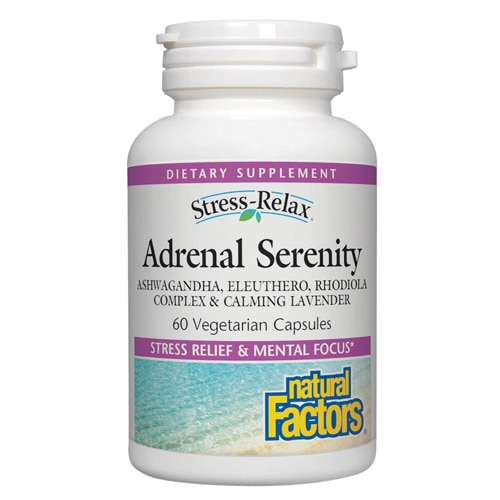According to many health experts, the most important ingredient for overall well-being is being interested in life. From that interest, a sense of satisfaction or happiness tends to follow. Yes, the pandemic has posed a major challenge, with many of you not being able to pursue your previous interests. But life requires a certain amount of nimbleness and adaptability.
If the
pandemic has constrained one of your hobbies, such as travel, it may be a sign it’s time to seek out new ones. As the great world spins into crisis after crisis, channeling your passion into new forms and offshoots is more vital now than ever. In fact, research shows that
having a hobby is linked to lower levels of depression—and may even help prevent it.

What counts as a hobby?
The dictionary defines hobby “as an activity done regularly in one's leisure time for pleasure.” While this could be tweaked to include drinking, fine dining, shopping, or people watching, generally a hobby implies some active doing or agency, be it making, building, collecting or learning a new skill. You could also define hobby as the intersection of interest and action. If you have an interest in food and you start to experiment with recipes, voilà, a hobby is born.
Typically, a hobby is not what you identify as your job—but it may be your vocation. James Hollis, a Washington D.C. based Jungian psychoanalyst and the author of seventeen books,
describes vocation as “what we are called to do with our life’s energies. It is a requisite part of our individuation to feel that we are productive, and not responding to one’s calling can damage the soul.”
Hobbies bring you into balance and support who you are on the deepest level. Think of the things that bring you pure pleasure or delight: knitting, playing music, reading, gardening, photography. You may pursue a career or a job, but hobbies, in a sense, pursue you. Hollis also says: “But for vocation one does not ask; one is asked. And a considerable part of the meaning of one’s life comes from saying yes when asked. The ego does not run life; it knows very little. It is the mystery of the Self that awesomely asks us to become whole, and how we decide to spend our energy plays a significant role in our journey.”
Hobbies enlarge you both as person and as soul. They summon, inside you, a boldness of action, a creative leap, a way to harness and concentrate your passion. They are the medicine for malaise, whether it be physical, mental, emotional or spiritual. Read on to discover specific qualities that hobbies can galvanize in you and help you fight the good fight against languishing.
5 Reasons Why Hobbies are Important
1. They help you maintain overall sanity
If you’ve lost interest and joy in your typical pastimes—known as anhedonia—consider it as one symptom of poor mental health. If you can make time for your hobbies during lockdown, it could be a way to stave off anhedonia, depression and even stress. In fact,
social prescribing is a trending treatment method where doctors ask patients with mild to moderate depression to take up a non-medical intervention (such as a hobby) to improve their mental health. Some studies have shown that social prescribing programs that ask patients to take up hobbies such as
gardening or
art are beneficial for mental health and wellbeing.
2. They invite in the sensuous
Pleasure is an inherently sensual, sensual engagement with the body, the senses, and even the mind. Take chess, for example, a hobby many would not consider sensual. But chess players describe it as akin to poetry or art, the sensuous pleasure of the ideographic execution of that image on the chessboard. There is no passion, no hobby, no playfulness, without some element of the sensuous. Many day jobs don’t allow a dip into the sensual, which is why you need to balance the sterility that can come from your job life with the pleasures that come from your vocations.
3. They improve health
If your passion involves movement or the great outdoors (or both for the double win), you get hobby bonus credits. For starters, exercise hobbies can help reduce your risk of heart disease, certain cancers, and diabetes.
Research suggests if you get in at least 150 minutes of moderate-intensity activity a week, you’re cutting your overall risk of early death by 31 percent. Even low-intensity physical activity for less than an hour each week could trim your risk by 18 percent.
Physical activity also leads to better mental health. A large-scale study of more than 1.2 million Americans found that people who exercised reported 43 percent fewer days of poor mental health in the past month than those who didn’t exercise. If you head to the great outdoors for your activity, you don’t have to overexert yourself. New research finds that simply spending two hours a week in nature can positively affect your health and well-being.
And even if your chosen hobby is not physical nor nature based, simply pursuing what interests you comes with benefits. In 2010, a team of academics from universities in Kansas, Pittsburgh and Texas discovered that hobbies and leisure pursuits were associated with myriad markers of better physical health, including lower blood pressure, body mass index and stress hormones.
4. They boost brain function
Research suggests that some hobbies, such as
playing a musical instrument, can improve your cognitive functioning, while artistic hobbies (such as reading, word or board games and puzzles) are reported to
ward off dementia later in life. Playing a new sport or developing a new skill creates new neural pathways between different areas of your brain and your memory. New activities build new brain connections, new points of reference to help you integrate older pieces of knowledge and understanding.
4. They upgrade the quality of social life
While some hobbies are solitary affairs, other hobbies can get you involved deeper with your community, meeting people you otherwise wouldn’t. Shared hobbies deepen connection and bonding with others. Countless studies have found that
social connection is a key component of happiness and a meaningful life. Hobbies such as community-based theater, book clubs, choir and team sports, all have the potential to create precious new ties and build satisfyingly intimate relationships.
Featured products








